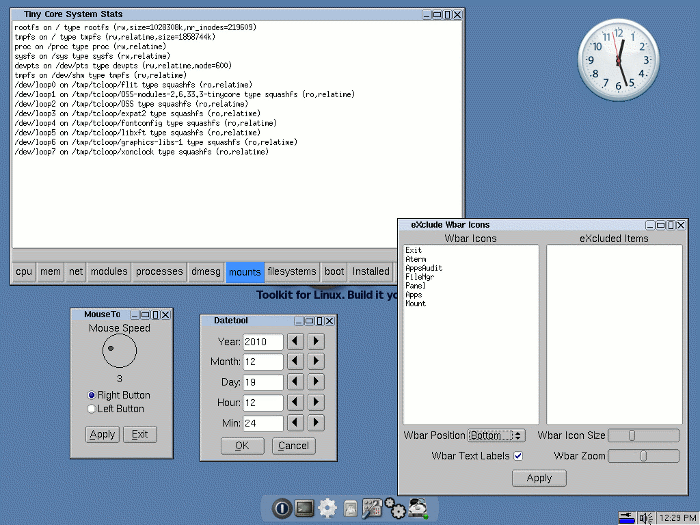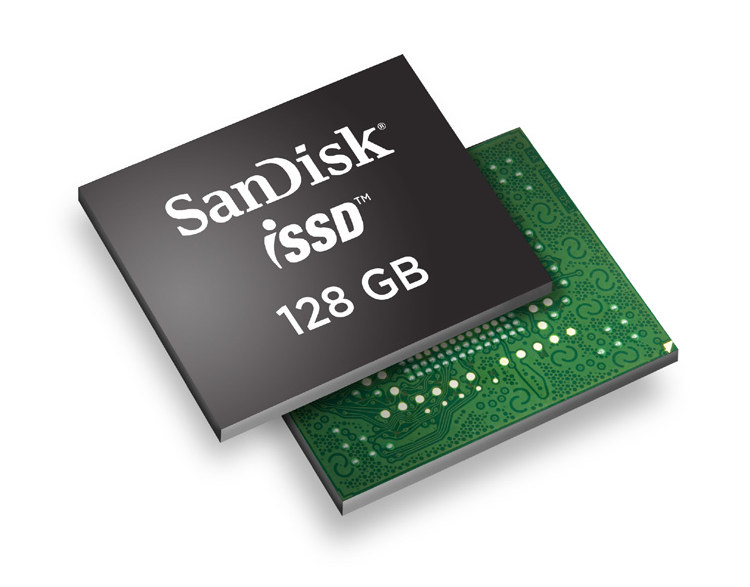Xibo has just announced the release of Xibo 1.3.0 (codename: “Faye”). Bear in mind that this is a development release and is not supposed to be used in production environments. The next stable release will be version 1.4.0 and The current stable version is 1.2.2. If you would still like to evaluate Xibo 1.3.0, you may download it at https://launchpad.net/xibo/1.3/1.3.0 New features in Xibo 1.3.0: Permissions Overhaul: The most significant change in 1.3.0 is the permissions system in the server interface. This update introduces individual and group permissions for: Layouts Library Media Regions Region Media Assignment It is also now possible to assign permissions to “Everyone” on all of the above items. Media Manager Homepage: A simple user interface for managing layout/media assignments that the user has access to. This “homepage” can be assigned on a user by user basis. Customer Counter: The Python client has been enhanced to support […]
How to Write and Submit a Linux Kernel Patch
Greg Kroah-Hartman has a very good tutorial about writing and submitting a patch to the Linux kernel. The video is over 1 year old but this is still relevant. The materials for this tutorial are available via git: git clone git://github.com/gregkh/kernel-tutorial.git Alternatively, you can also download a copy of the presentation slides. The actual presentation is divided into 6 parts: git basics (git branch, git clone…) Kernel coding style (Details can be found in Documentation/CodingStyle) Fixing a file (with scripts/checkpatch.pl scripts) Generating a patch (with git -diff) Email the patch (with scripts/get_maintainer.pl and git send-email) Q&A If you want to skip the git basics and kernel coding style parts (although I don’t recommend it), fast forward to 13:33. All patches by in the linux kernel are checked by at least 2 persons. Before submitting a patch, you’ll have to make sure of the following (Checklist): Kernel builds with patch applied […]
What is GENIVI ? A Software Standard for the Automotive Industry
I’ve recently read in the news that a few operating systems had achieved GENIVI compliance. So let’s see what Wikipedia says about the GENIVI Alliance: The GENIVI Alliance was founded on March 2, 2009 by BMW Group, Delphi, GM, Intel, Magneti-Marelli, PSA Peugeot Citroen, Visteon, and Wind River Systems with the goal of establishing a globally competitive, Linux-based operating system, middleware and platform for the automotive in-vehicle infotainment industry. Since then, the alliance has expanded to more than 100 members who are working together to deliver an open and globally consistent software platform based on Linux for use by the whole car industry. So the clear goal here is to have some set of software specifications and standards (Currently GENEVI 1.0) in the automotive industry in order to speed time to market and reduce the cost of developing Infotainment applications. GENIVI comes from a concatenation of Geneva and IVI (In-Vehicle […]
ARM TechCon 2011: Software & System Design Schedule
ARM Technology Conference (TechCon) 2011 will be hosted in Santa Clara on the 25-27 October 2011. There will be many events and classes related to Chip Design and Software & System Design. The Software & System Design events will take place on the 26th and 27th October 2011. Here’s the schedule for Software & System Design events for the 26th of October: Time Class Track 11 am The 2012 Compute Subsystem Creating Smarter Systems 11 am Practical Cortex Debugging: Serial Wire Viewer and ETM Tracing Developing/Debugging 11 am Integrating a CMOS Imaging Sensor into an ARM-Based Embedded Application Human Interface Design 11 am Embedded IPv6 – Now is the time Networking & Connectivity 11 am RSA & AES Libraries protected against side-channel attacks Safety & Security 11 am Introduction to the ARM Architecture The Fundamentals of ARM 12 pm Optimizing SoC development through a common design foundation Creating Smarter Systems […]
HTC Releases Unlock Bootloader Tool
HTC has finally released its “Unlock Bootloader” tool, that allows owner of HTC phones to develop software on their smartphone and/or to replace the current Android version by another version. Read HTC announcement below: HTC is committed to listening to users and delivering customer satisfaction. We have heard your voice and starting now, we will allow our bootloader to be unlocked for 2011 models going forward. We plan on releasing the updates that will allow you to unlock your bootloader in the coming months, please keep an eye on this website for more details on which devices will be adding this feature. We are extremely pleased to see the energy and enthusiasm from our fans and loyal customers, and we are excited to see what you are capable of. HTC eagerly anticipates your innovations. Currently it is only available for HTC Sensation (EU) with support planned for HTC EVO 3D […]
Tiny Core Linux Distribution: 10 MB Linux UI Desktop
If you are looking for a small footprint Linux distribution, you may be interested in Tiny Core Liunx. Here’s the description on Tiny Core Linux Website: Tiny Core Linux is a very small (10 MB) minimal Linux GUI Desktop. It is based on Linux 2.6 kernel, Busybox, Tiny X, and Fltk. The core runs entirely in ram and boots very quickly. Also offered are Micro Core, a 6 MB image that is the console based engine of Tiny Core, and Multi Core, which includes Tiny Core, Micro Core, networking tools and an installer. Micro Core contains CLI versions of Tiny Core’s programs allowing the same functionality of Tiny Core’s extensions, only starting with a console based system. It is not a complete desktop nor is all hardware completely supported. It represents only the core needed to boot into a very minimal X desktop typically with wired internet access. Tiny Core […]
SATA-IO µSSD Standard for Embedded Solid State Drives
The Serial ATA International Organization (SATA-IO) recently announced a new standard for embedded solid state drives (SSDs) called “SATA µSSD”. This standard offers high-performance, low-cost, embedded storage solutions for mobile computing platforms like ultra-thin laptops. The µSSD specification eliminates the module connector from the traditional SATA Interface, allowing drives to be manufactured in single ball grid array (BGA) packages that sit directly on a motherboard. The new µSSD standard should be part of the SATA Specification. However, it does not seem to be in the latest SATA Specification (Revision 3.1) released in July 2011. This specification is available free of charge to members. For non-members, it can be purchased here for 25 USD. Sandisk is currently the only company providing products that follow the µSSD standard with its iSSD™ integrated storage device offering capacities of 8, 16,32, 64 & 128 GB and transfer throughput of up to 450MB/s via a […]
HTC Releases OpenSense SDK
HTC recently released OpenSense SDK, a framework encompassing all available HTC SDKs as well as features that will be offered in the future for HTC Sense user interface. Supported features include: Common Controls API: UI widgets and components that will provide developers with the ability to provide the Sense UI look and feel to their applications. Stereoscopic 3D (S3D) API: API documentation and sample code that illustrates how to programmatically enable the 3D display mode of the parallel barrier based screen for various types of applications. This API is provided as part of the phone add-on extension to the Android SDK. Tablet Pen API: API documentation and sample code for providing a framework for fully fledged drawing and painting applications as well as full access to the pen events at a low level. This API is provided as part of the tablet add-on extension to the Android SDK. API documentation […]










